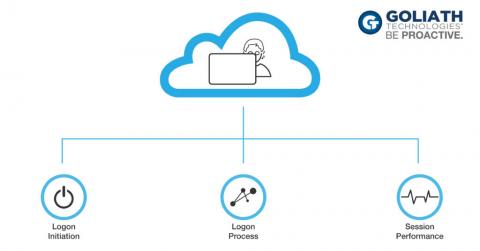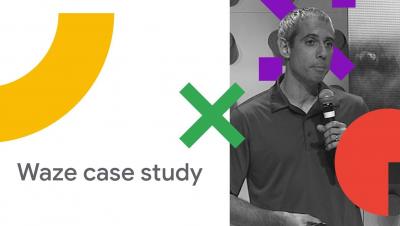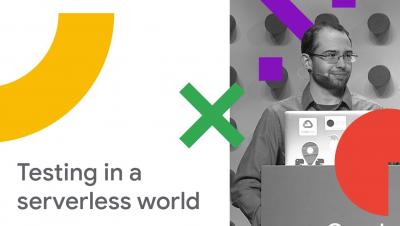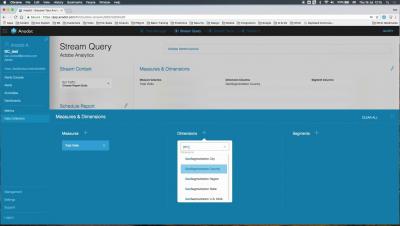Migrating to 2.0: the good, the bad & the ugly
The Sensu 2.0 release is dropping in October, and we’re already excited! As the version numbering implies, Sensu 2.0 includes significant changes from Sensu 1.x. Not only has the software been entirely re-engineered in Go — easing deployment significantly — the exposed APIs and internal data structures have changed to accommodate new features.











